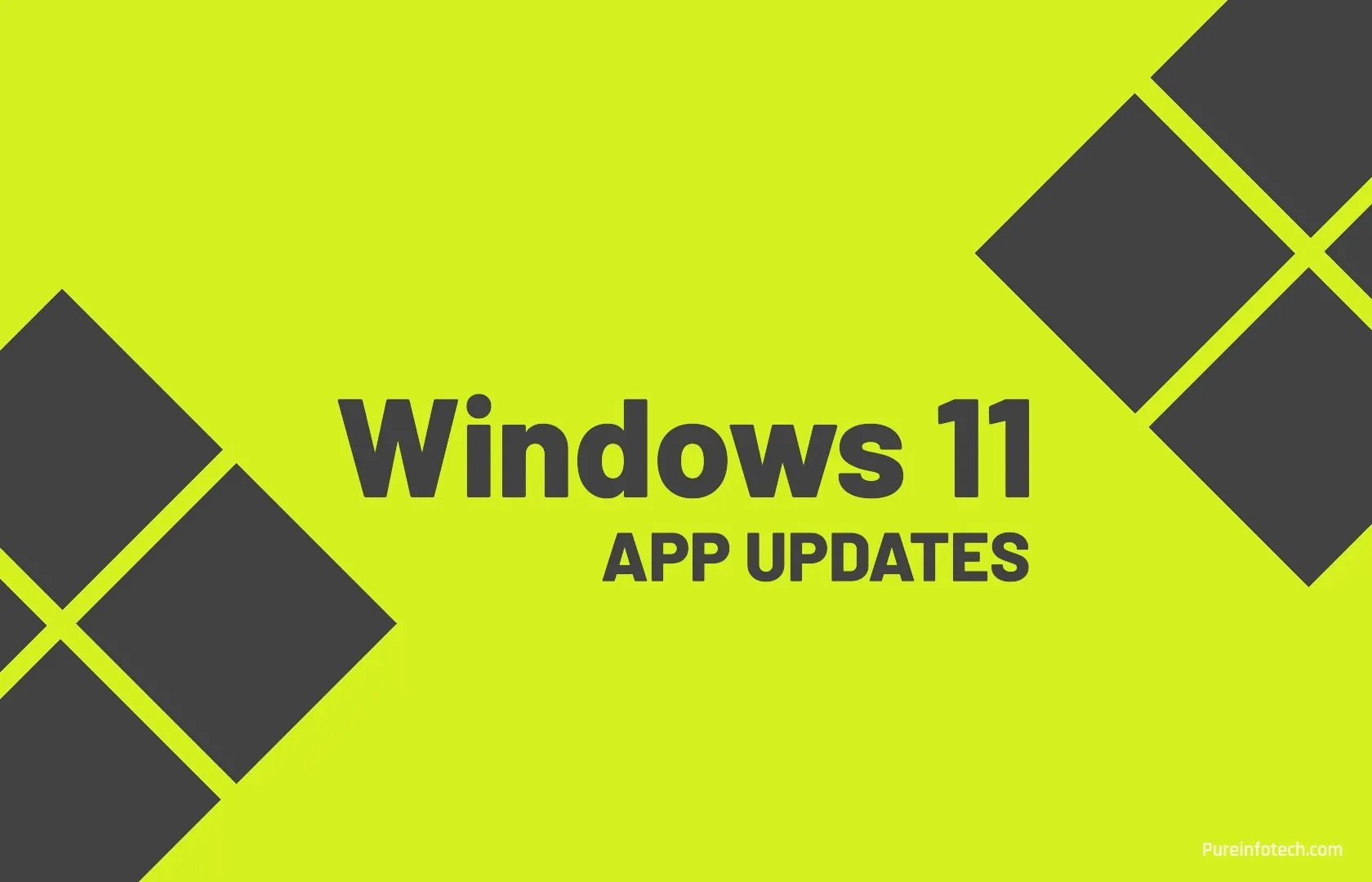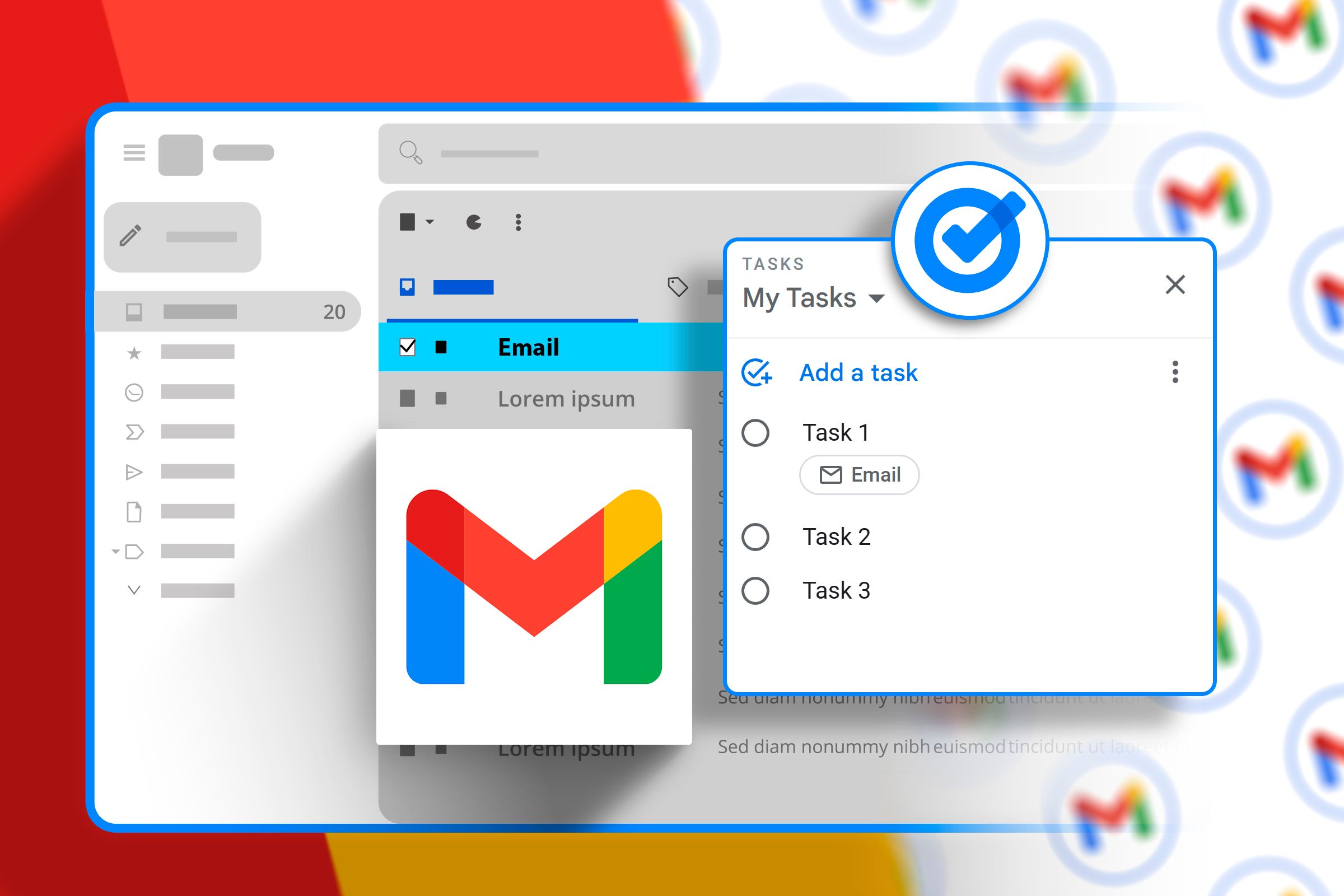Windows 11 will soon update third-party apps through Windows Update

- Microsoft is building a new platform to update third-party apps more efficiently through the Windows Update feature, rather than developers using an independent mechanism.
- This approach promises better scheduling, native notifications, and centralized log tracking.
Microsoft is working on a new “unified update orchestration platform” that will allow developers to update apps through the Windows Update settings on Windows 11. The new platform is being designed so that network administrators and developers can manage updates more efficiently, but the platform can expand to home users as well.
Currently, different apps and services have independent update mechanisms, leading to fragmented experiences. Furthermore, it can cause issues such as processor and bandwidth spikes, conflicts with notifications, and missed compliance deadlines.
The solution that Microsoft proposes is a new platform that will integrate updates natively within the operating system, improving coordination across applications.
According to the company, this new orchestration will allow developers to schedule updates based on user activity, battery state, and even sustainable energy timing.
In addition, apps will be able to push native system notifications, and users will be able to track updates through the “Update history” page.
Microsoft plans to support different types of apps, including MSIX, APPX, and custom Win32 app implementations.
The new unified update orchestration platform is optional, and developers will have to integrate their apps using Windows Runtime (WinRT) APIs and PowerShell commands.
Once the app is added to Windows Update, the platform will scan, schedule, download, and install updates intelligently. If an update fails, a new schedule will automatically be configured for a future time.
It’s important to note that the new update orchestration platform does not change the source for the updates. It only allows apps with independent update mechanisms to tap into the Windows Update system for better coordination.
In other words, updates will still come from their independent servers. However, apps on this platform can leverage Windows Update’s scheduling and notification systems to streamline their update process.
Another aspect to remember is that Windows 11 already handles many Microsoft products through Windows Update. Also, the company offers the Microsoft Store to download, install, and update applications, which allows developers to use their update mechanisms. However, the software giant hasn’t been able to convince everyone to switch to the store platform.

Although this platform is being thought out for business users, it can also expand to regular users, and it’ll be interesting to see what companies will switch to this mechanism instead of continuing with their independent update systems.
Microsoft has launched a private preview for the Windows Update orchestration platform, allowing developers to test and integrate their apps. However, the company is not sharing an official public release date at this time.
Source link











